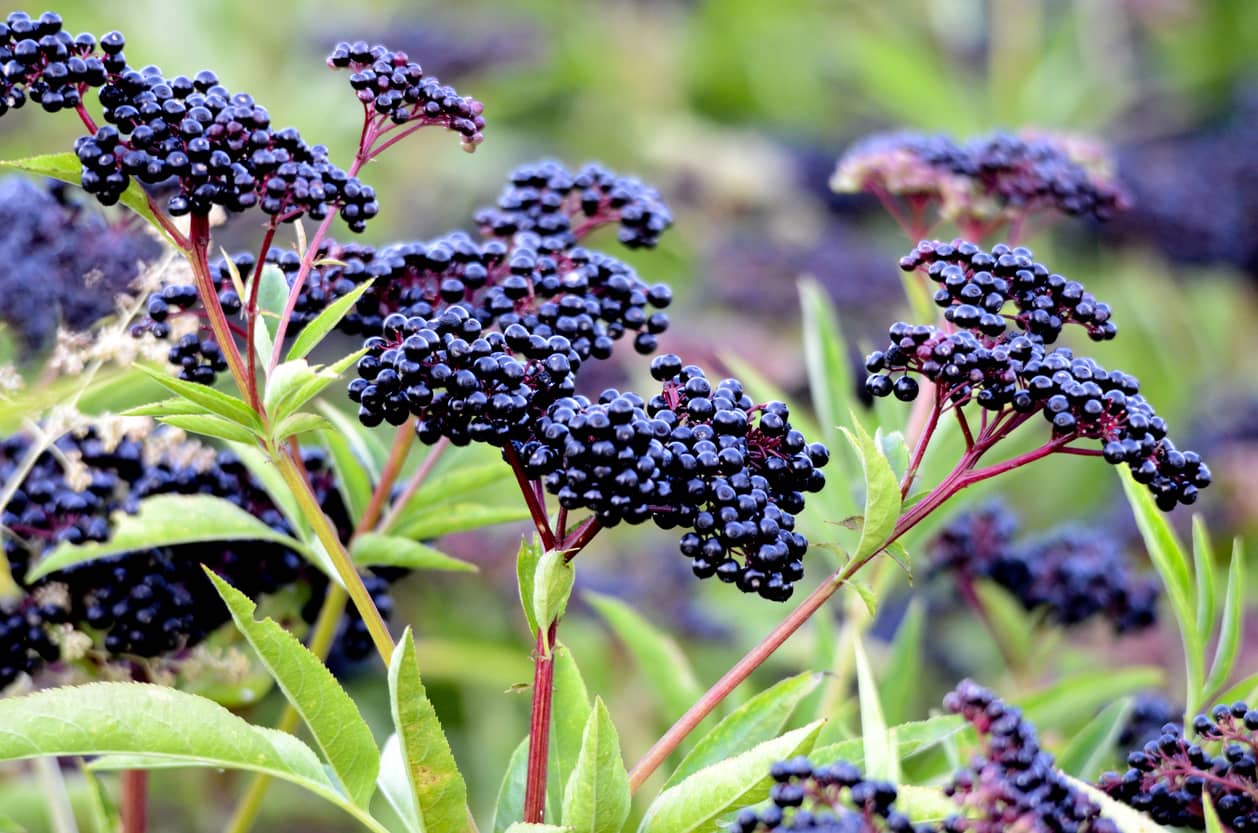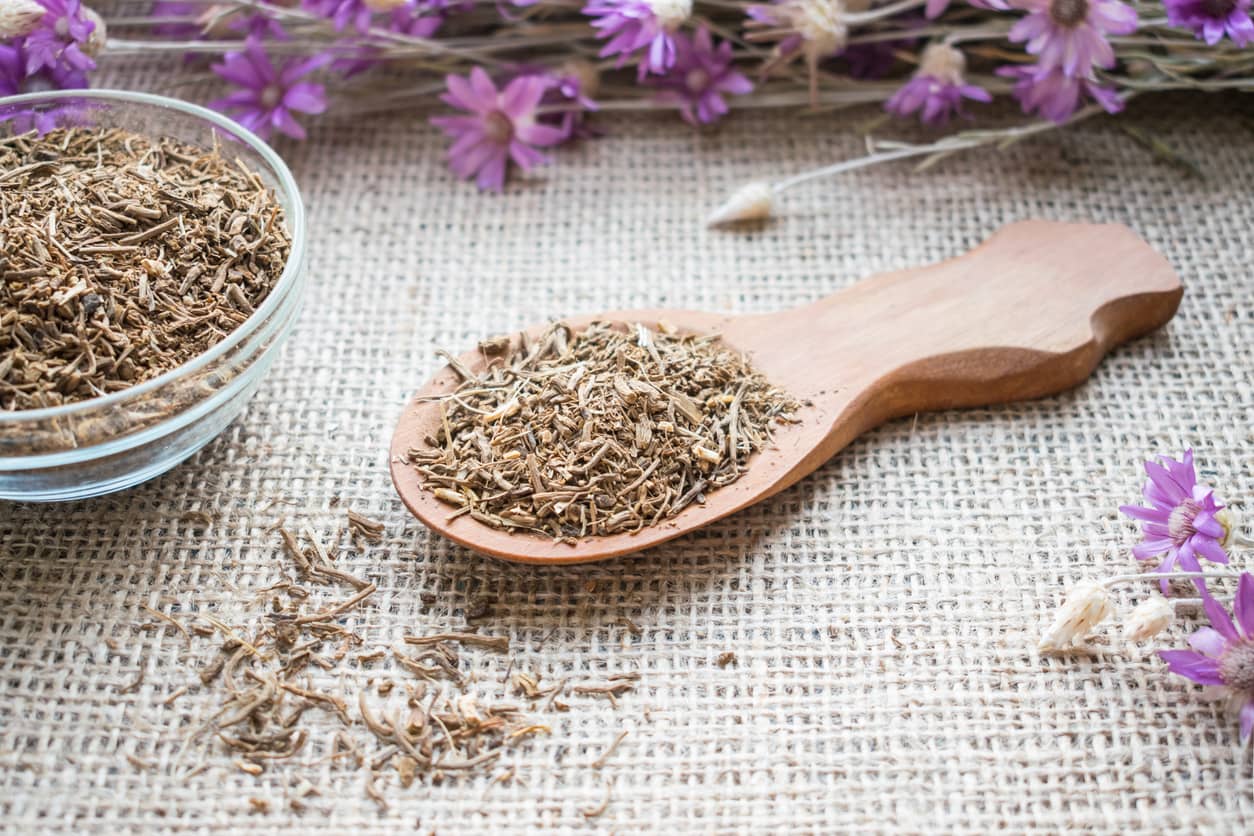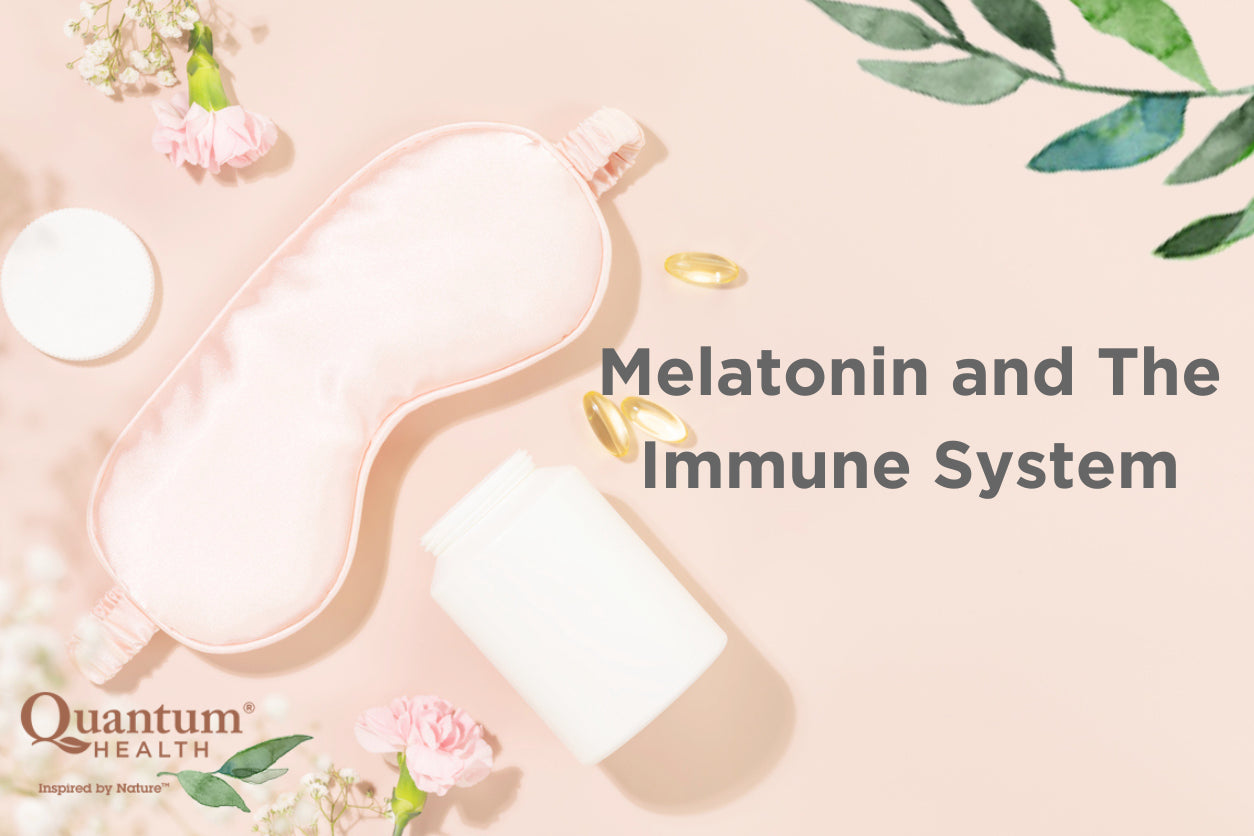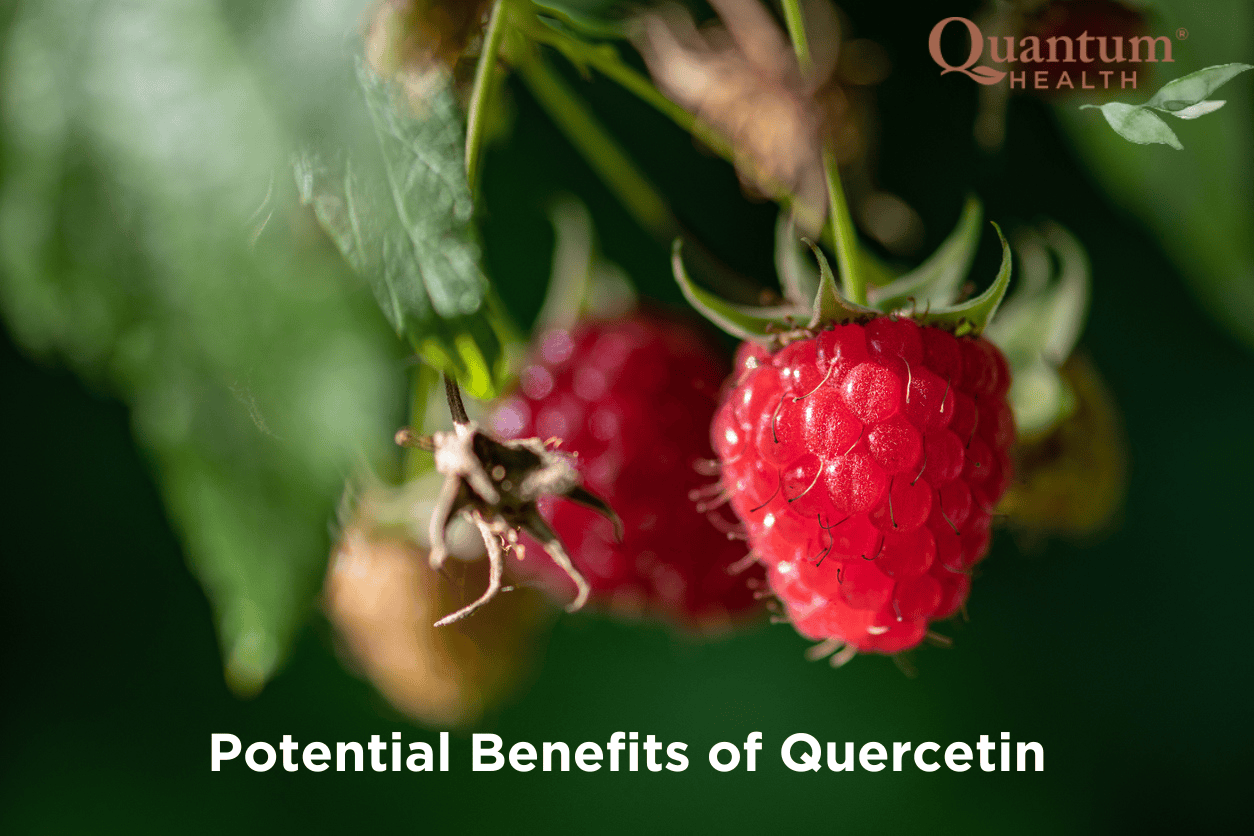Elderberry for Seasonal Allergies

If you’ve spent any time in your local health food store, grocery store, or drug store in the last year or two, you might have noticed that there seems to be a new ingredient in just about everything in the cold and flu aisle these days: elderberry. Now, elderberry isn’t new by any means. In fact, Hippocrates was writing about the medicinal properties of elderberry in roughly 400 BC, and Swiss Neolithic cave dwellings suggest that it was being cultivated in 2000 BCE. So, why does it seem like we’re just now hearing about it, and what exactly is it?
We’re glad that you asked. If you want to know what elderberry is, what it’s used for, and how elderberry for seasonal allergies might help during the cold months, then keep reading.
What is Elderberry?
Elderberries come from the Sambucus genus of flowering plants, referred to as elderberry or elder plants, and are part of the Adoxaceae family. The berries and flowers of the elder plant are what is specifically used in medicine. Elderberry is native to Africa, Europe, and parts of Asia but is now also grown in the US. Its flowers are white, and the berries turn from green to red to black as they ripen. The raw berries of the plant contain high levels of Vitamins A, C, B6, potassium, folate, calcium, and iron.
What Are the Health Benefits of Elderberries?
Because elderberries are so nutrient-dense, they have tons of potential health benefits.
-
They may lower blood sugar
Elderberry has been shown to increase the body’s metabolism of glucose and production and secretion of insulin, which can help lower blood sugar levels. -
They can be good for your skin;
Elderberries are also antioxidants and high in Vitamin A, both of which can be great for your skin. They also balance out your skin’s oils, helping with breakouts and making skin look younger. -
Elderberries can be good for heart health;
Elderberries can help aid in reducing the level of fat in your blood and decrease levels of cholesterol. Elderberries also have the flavonoid anthocyanidin, which has been proven to lower the risk of overall heart disease. -
Potential urinary tract benefits
Elderberries have anti-inflammatory properties, meaning they can help treat and prevent UTIs (urinary tract infections.) They’re also a diuretic, which promotes more frequent urination. -
… and great as a laxative
Elderberries are also a great laxative and can be used to treat constipation because of their high levels of fiber. -
They’re good for cold, flu, and sinus infection relief
Elderberries are great immune system supporters because they contain anthocyanidins, which help stimulate the immune system. They can help lessen the strength and severity of cold and flu symptoms, and because they’re anti-inflammatory, they can help to reduce the swelling in sinus cavities during a sinus infection. -
Lastly, they can help with seasonal allergies
Along with all of the above great benefits of elderberries, they can also be used to help with seasonal allergies. Why? Allergies are an overreaction of the immune system and can cause inflammation in the body. Elderberry helps counteract that overreaction, calming the immune system down and reducing swelling in the nasal and sinus cavities. This is why elderberries can also help with your seasonal allergies.
There’s a reason elderberry have been used for thousands of years; they have such a diverse array of benefits, and elderberries for seasonal allergies is one of our favorite uses for them! To learn more about elderberries, seasonal allergies, and your overall health, contact us at Quantum Health today.
Share
Your share can inspire countless others.


















































